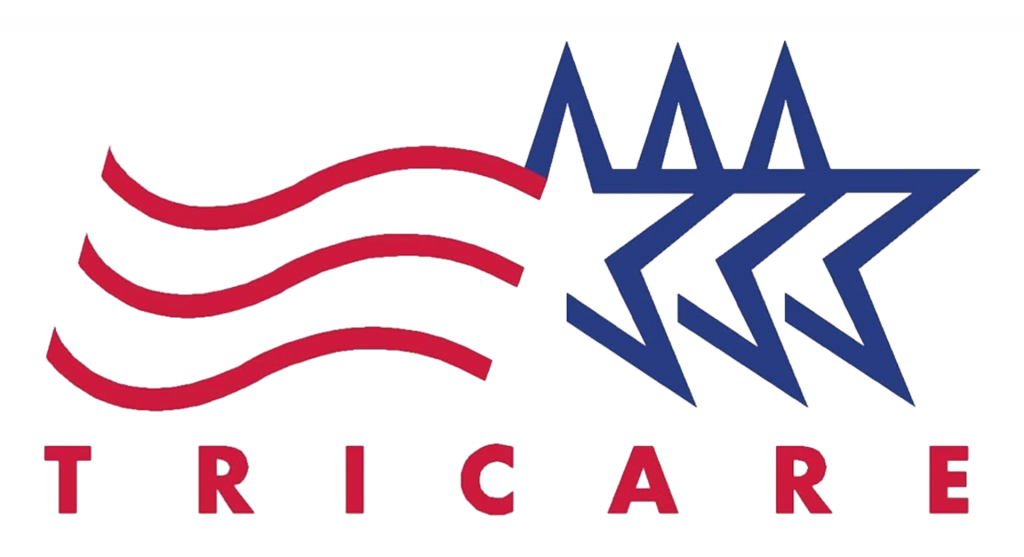Our intensive outpatient program (IOP) offers an individualized, holistic approach to trauma and PTSD treatment. The program combines multiple treatment strategies, such as TMS, ketamine assisted therapy, EMDR, and more to provide the most effective treatment for you. We work with you to create a treatment plan based on your specific needs and mental health history, and can adjust treatment sessions around your schedule. Many of our PTSD patients find relief through our IOP when traditional medicines and therapy are ineffective.
This program is covered under many insurance policies.
An IOP is an intensive, long-term approach to PTSD treatment or trauma therapy. It incorporates multiple scientifically-backed treatments and modes of therapy into a structured weekly plan built for you. We use alternative treatment methods that work synergistically and induce neuroplasticity in your brain to help you make breakthroughs and learn skills to combat maladaptive patterns. Our IOP is particularly successful in helping people struggling with PTSD who have tried traditional talk therapy and medications with limited success.

Each plan is completely individualized to your needs and schedule. Some of the methods that may be included in your program are:
Ketamine is an alternative mental health treatment that works uniquely in your brain. By acting on the brain’s glutamatergic system, ketamine can help your brain reform neural connections. Ketamine assisted therapy pairs ketamine treatment with therapy sessions to help patients access deeper memories and reach more meaningful breakthroughs. Preparation and integration for ketamine assisted therapy is built into our program.
TMS is a non-invasive, medication-free treatment that stimulates neural activity in targeted areas of the brain via magnetic signals. When prescribed within our personalized treatment plans, TMS is effective for over 92.5% of our patients. TMS therapy is only available in-person at one of our California clinics.
EMDR is a therapy technique developed specifically to treat PTSD that doesn’t involve talking about difficult memories with the therapist. Based on the idea that PTSD stems from a disruption in the brain’s natural processing of memories, EMDR helps to restore this natural healing process.
CBT is a form of talk therapy that considers your thoughts, emotions, and actions in relation to situations and experiences. Where some talk therapy will focus on past experiences, CBT focuses on the present, helping you to identify ways to mentally process and behave differently in various situations.
A type of CBT therapy, dialectical behavior therapy is a talk therapy that is effective with borderline personality disorder, mood disorders, trauma, and emotional and interpersonal issues. Mindfulness, emotional regulation, and distress tolerance are typically a part of this approach, with patents practicing methods to react in a more healthful way to challenging situations.
If group sessions are a part of your program, they may be held in person or online, and range from 5 to 10 individuals. Group classes can be an effective source of support and compassion, as well as a space to practice techniques.
Our licensed psychiatrists and psychiatric nurse practitioners use evidence-based and personalized approach to your care.
Your program may include meditation practice, which is often effective in treating PTSD as part of a full therapeutic program. With a focus on staying in the present and practicing acceptance, meditation helps to train your mind and regulate emotional reactions.
The mind-body connection is enhanced through yoga and movement, which may be recommended as part of your personal and customized treatment plan.
Because our bodies and our mental health are so closely connected, physical health can play a role in your recovery. Coaching about food choices and education about the effects of nourishment may be provided.
Occupational therapy can play a valuable role in the treatment of PTSD. Therapists provide coping strategies, activity modification, exposure therapy, and even coaching in areas such as time-management and communication skills.
Developed by Dr. David Grand, brainspotting therapy is built on the connection between the eyes and neurological centers of the brain. Focusing the gaze on a specific eye position that is determined to be tied neurolically to a past trauma can release emotions tied to the trauma.
This type of therapy is specifically effective for trauma and PTSD patients with the expectation of a rapid resolution. Guided imagery, eye movements, memory reconsolidcation and reprocessing are employed by an experienced clinical expert in ART.
In your first week, you’ll be assigned a therapist who will work with you and the rest of your treatment team to build your personalized treatment plan. Once your plan is created, treatment and therapy sessions will be daily or nearly daily, with no overnight stays required. You may be attending sessions anywhere from 9 to 20 hours per week, depending on your availability. Throughout the program, your treatment team will conduct regular assessments and evaluations to track your progress toward your specific goals. Once you complete the program, you can continue follow-up care through traditional aftercare groups or outpatient therapy. The treatment team will develop an aftercare plan that you’re comfortable with.










Reviews